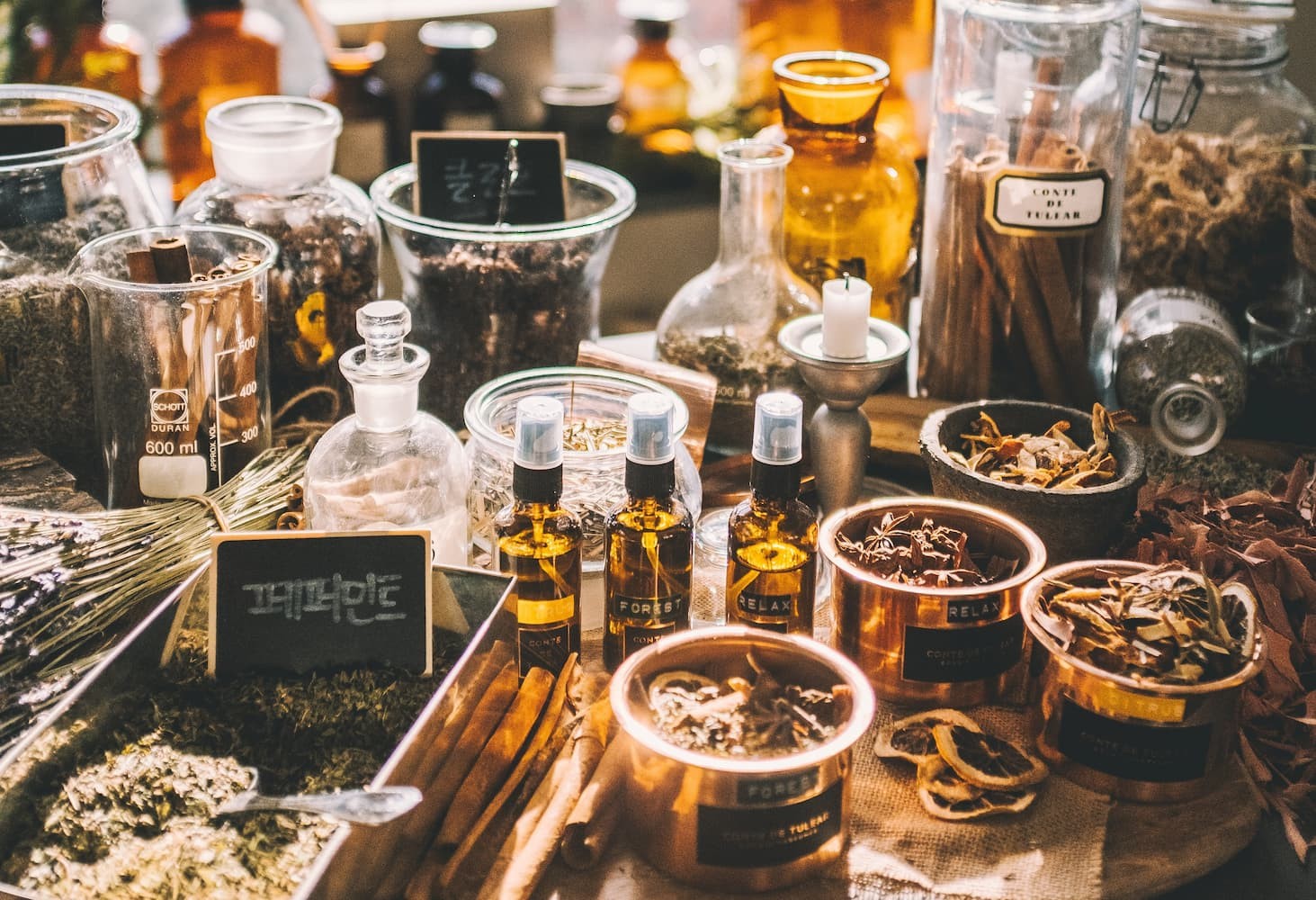
Homeopathy is a system of medicine that has been around for more than 200 years and is widely used around the world to support the body's innate ability to cope with illness. Homeopathic medicine follows the law of similars, which states the substance that creates symptoms of illness in a healthy person is the same substance that can alleviate those symptoms.
A homeopathic remedy is the result of the serial dilution and shaking of a natural substance, which is usually derived from plants and minerals, until none of the active ingredient is visible. The homeopathic dilution and succussion process are called potentisation, which retains the memory of the active ingredient to stimulate the body's natural healing mechanism when the medicine is administered in small doses.
The effectiveness of homeopathy in the treatment of a wide range of health issues and chronic illnesses is well-documented. Some of the conditions it can help with include headaches, colds, allergies, rheumatoid arthritis, insomnia, menstrual pain, digestive problems, skin conditions, muscle and joint pain, and depression among others.
Find out in this article what a homeopathy pharmacy is and how it can benefit you.
What is a Homeopathy Pharmacy?
A homeopathic pharmacy provides patients with complete information regarding the collection, identification, compounding, preparation and application of the homeopathic drug or remedy that they wish to purchase. It's no different to pharmacies that sell conventional drugs, except that it offers a more personal approach which expedites the healing process of the patients.
As a homeopathic practitioner considers the whole person of a patient in order to provide an individualized remedy for their medical condition, taking into account their diet, lifestyle, family background and environment, pharmacists selling homeopathic medicine hold themselves accountable for educating people looking for a homeopathic medicine to help with their condition.
What Information Can You Get From a Homeopathy Pharmacy?
Having received extensive training in the field of pharmacology, many pharmacists aren't only well-versed in the anatomy of prescription drugs but also highly knowledgeable about natural health products. If you spot a pharmacy selling homeopathic products, that should clue you in on the wealth of information that you're about to receive from the person standing behind the counter.
A homeopathic pharmacist will take their time to help you understand the practice of homeopathy and provide you with professional guidance as to how the remedy prescribed by your homeopath should be used. They will also explain what factors are taken into consideration during the selection, preservation, preparation and dispensing of a homeopathic medicine.
If you're curious as to why some remedies come in liquid form while others are in powder or tablets, a homeopathic pharmacist has a logical explanation for this too.
How Are Homeopathic Drugs Sold in Pharmacies Regulated?
A homeopathic medicine sold in an extemporaneous pharmacy, which prepares and sells medicines intended for individuals who have had a prior consultation with a health professional specialising in homeopathy, is not required to be included on the Australian Register of Therapeutic Goods (ARTG), according to the guidelines of the Department of Health's Therapeutic Goods Administration. Likewise, all homeopathic preparations with more than 1,000 fold dilution are exempted from inclusion on the ARTG because these are considered low risk.
Can Homeopathy Interact With Conventional Treatment?

There are no reports of negative drug interactions between highly diluted homeopathic treatments and conventional medicine. In fact, one of the positive effects of homeopathy is its ability to counteract the adverse effects of radiation and other cancer treatments. A homeopathic pharmacist will never advise a patient to discontinue their prescribed medications or replace their medical treatment with homeopathic medication. Their role is to assist patients who want to use some form of complementary therapy, whether it's herbal medicine, naturopathic medicine or homeopathic remedies, by thoroughly explaining the components, application and any possible adverse reaction their choice of treatment may trigger.
Although they undergo the same manufacturing process that is based on the principles of homeopathic pharmacy, each homeopathic product consists of a unique set of compounds intended for the treatment of a specific health condition. That said, the efficacy of homeopathy lies not only in its formula but also in how a pharmacist effectively communicates its proper use.
So, if you've been pondering over whether or not to combine mainstream medicine with homeopathic remedies, it's high time that you tried it to experience its massive benefits. But before purchasing homeopathic products in your neighbourhood pharmacy, find a certified homeopath on the Natural Therapy Pages to develop a treatment plan tailored to your specific needs.
|
Do you have a natural health & wellness business? |









